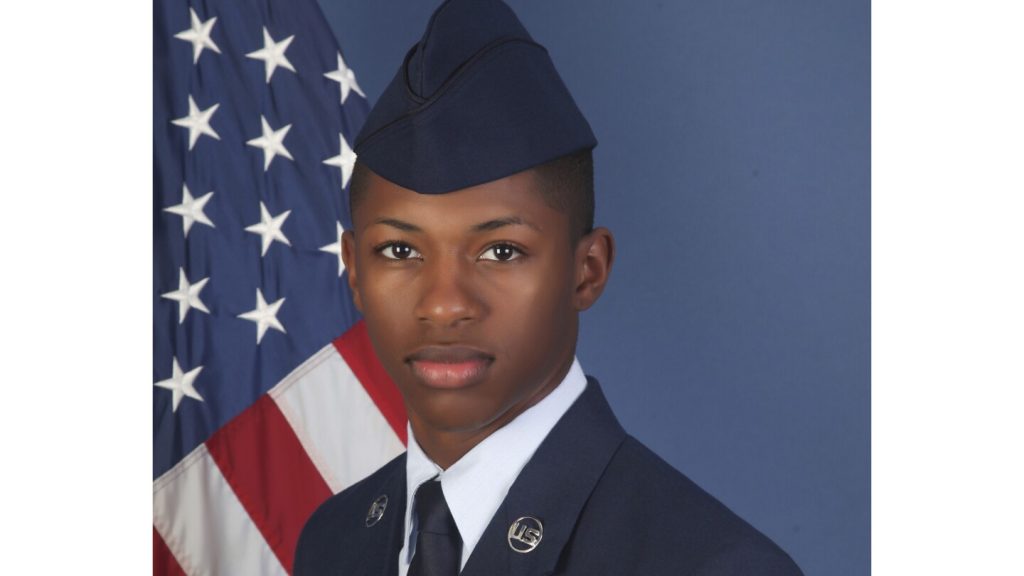In 2020, Chief Master Sgt. Kaleth O. Wright expressed his fear of a Black airman being killed by a white police officer, which tragically became a reality four years later when Senior Airman Roger Fortson was shot and killed by a Florida deputy. Wright, a Black man, felt compelled to speak out about the ongoing fears and challenges faced by himself and his younger troops, despite their dedication to serving their country. Following George Floyd’s death, Wright initiated some efforts within the Air Force to address racial issues, but he admits that they did not go far enough. Fortson’s death has raised questions about whether real change can ever be achieved.
The investigation into Fortson’s death is still ongoing, and the sheriff’s office has not disclosed the name or race of the officer involved. Okaloosa County Sheriff Eric Aden recently met with Lt. Gen. Tony Bauernfeind, the head of Air Force Special Operations Command, to discuss the situation. Although it is unclear if Fortson’s race played a role in the shooting, there are concerns about bias influencing the deputy’s actions. The meeting ended with plans for a town hall to address the shooting and outline the next steps.
Data on fatalities caused by law enforcement officers show a rise in fatal police encounters since George Floyd’s death, with Black individuals being disproportionately impacted. Okaloosa County NAACP branch president Sabu Williams emphasized the need for de-escalation and unconscious bias training for law enforcement officers to prevent similar incidents in the future. The NAACP chapter is drafting state legislation named after Fortson to promote de-escalation techniques before resorting to force in encounters involving weapons.
The broader context of Fortson’s shooting occurs against a backdrop of increased attention to racial issues within the military, including disparities in opportunities for promotion and uneven disciplinary actions. However, there has been pushback against efforts to promote diversity, equity, and inclusion within the military, with some criticizing them as being “woke.” Wright emphasizes the importance of commanders listening to the concerns and experiences of Black airmen, emphasizing the stress, anxiety, and feeling of not belonging that can result from systemic racism within the military.
Wright is considering writing another column and potentially getting involved in addressing racial issues within the Air Force once again. He highlights the need for a larger societal change to address systemic racism, noting that simply bringing sheriff’s deputies on base or having commanders talk to Black airmen about encounters with the police is not enough to prevent future tragedies. Wright’s personal connection to the situation, as a father of two sons, adds to the emotional weight of Fortson’s death and serves as a reminder of the challenges faced by Black individuals in America. Ultimately, Wright stresses the importance of continuous efforts to address racial inequality and promote inclusivity within the military and society as a whole.


